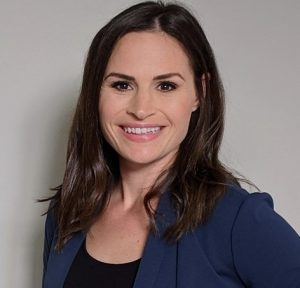The interviewer finishes their question and looks expectantly at you. You’re sure if you can say the perfect thing, you’ll land the job—your brain freezes. You feel panic rising. Can you think of the exact words that will score you this position?
Don’t fall into the “perfect answer” trap. Yes, you want to give great answers. But perfect ones don’t exist. Every company and every interviewer is different.
Instead, stop overthinking your response, trying to give the interviewer exactly what they want to hear. Answer truthfully (but tactfully), and you’ll get better results.
The Right Amount of Preparation
You definitely want to prepare for job interviews. Try to answer a tough question cold, and the results can become horrifying. You never want to stumble through an answer or regret a reply.
However, you can overdo this preparation. If your answers become too practiced, you can hurt your cause. You might come off as robotic or insincere.
These overprepared responses might seem “perfect” in the sense that you have the ideal wording and a practiced delivery. But they aren’t perfect in a way that helps your case. You’ll lack emotion and conviction, coming off like a politician answering a reporter’s question.
Instead, try to stay a little loose. Make a connection with your interviewers. Have basic answers to common questions but let your specific response flow from the individual conversations.
Be Truthful (But Not Confrontational)
There’s a quote from the David Mamet play Glengarry Glen Ross: “Always tell the truth – it’s the easiest thing to remember.”
There’s a temptation to tell your interviewer what they want to hear. But what if you guess wrong? What if they ask a follow-up question that you can’t answer?
For these reasons, your best strategy in an interview is often the simplest one. Don’t try to recast your response to common questions for each individual interview. Rather, give an honest answer in each case.
This way, you won’t get tripped up by an answer you don’t believe in. You’ll be ready for follow-up questions, and you’ll maintain a high confidence level as you speak. Ultimately, you’ll get more mileage out of these honest answers.
That said, you can calibrate your response to the circumstances. Use basic “read the room” conversational skills. There’s no benefit in being confrontational or undiplomatic.
Finding the Perfect Job Vs. Winning Every Interview
The purpose of an interview is to match the perfect candidate with the precise position available. If you lie about your feelings or hide your preferences, you might land the job. It just won’t be the right job for you.
Yes, rejection is hard. But, in the long term, rejection can represent a healthy part of the process.
Getting hired for the wrong job can become more damaging to your career than getting rejected at the outset. Keep the long view in mind. By remaining honest and upfront during the interview process, you raise your chances of eventually finding your ideal situation.
Want to raise your chances of finding that perfect job? Turn to a top staffing agency, like Recruiting In Motion. You’ll get the direction you need to unlock your best career.






































































































